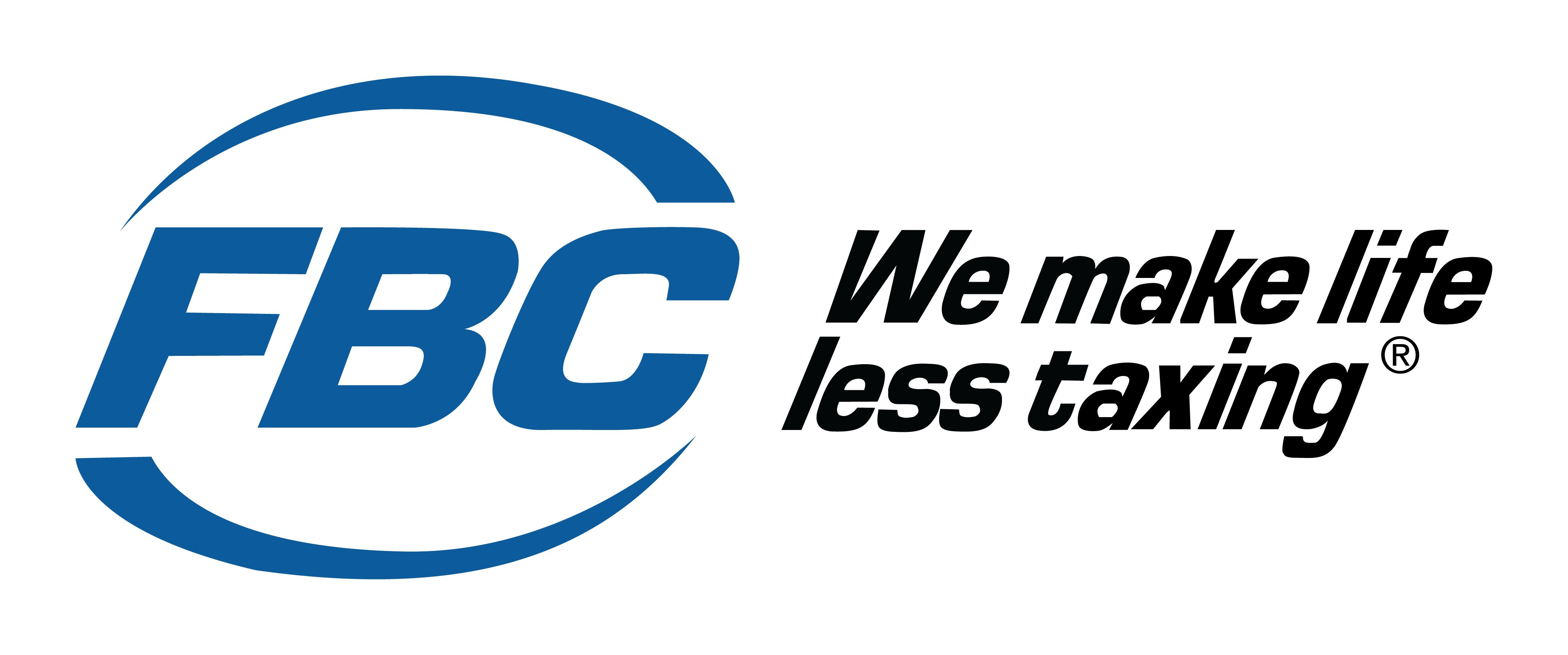
News
Divorce: what it means for farmers
July 7, 2016 - A client recently contacted our office with some bad news. Tom’s wife, Mary*, had packed her bags and left the farm. A note from her lawyer soon followed.
With roughly half of Canadian marriages ending in divorce it’s become as inevitable for many as death and taxes. Of course, no one enters a relationship with the plan to later part ways, but statistics suggest consideration be given to a written marriage contract or pre-nuptial agreement before committing to a long-term relationship.
Were the farm a family farm corporation, the shareholder agreement would likely have instructions and direction to determine the process of splitting up the shares. Unfortunately for Tom and Mary the farm wasn’t incorporated making things a bit more difficult.
They must now consider the documents and agreements entered into during their marriage, such as wills, power of attorneys, home, automobiles, health care and bank accounts.
Any Registered Retirement Savings Plans (RRSPs) they each hold likely have the other as beneficiary. Tom and Mary may now wish to name their children as the beneficiaries to their individual RRSPs. In general, in the event of death an RRSP can be transferred tax-free to the spouse. However without a spouse, if transferred to a child, those RRSPs are now 100 per cent taxable. Any life insurance policies that Tom and Mary hold also likely have each other as beneficiaries. By transferring the beneficiary of the life insurance policies to the children it may provide the funds needed to cover the taxes owing on the RRSPs that are transferred at the time of death. Life insurance proceeds are not taxable.
Distributing assets can be challenging.
To make things simple, if we don’t take into account any farm assets, say the house alone is valued at $300,000. If combined they have $300,000 in RRSPs. It may seem fair that Tom keep the house and he transfers his RRSPs to Mary so they each end up with $300,000. Seems fair, right?
However, the RRSP isn’t really worth $300,000 cash. When Mary retires and starts drawing funds from the RRSP she will owe taxes on the withdrawals. Therefore the value is not $300,000 but $300,000 less her personal tax rate at the time. With a tax rate of 45 per cent, the value of a $300,000 RRSP is actually $165,000. Now if we consider the farm and all its assets, we need to determine a fair market value and if Tom is to continue the operation the couple will need to find other assets for Mary for an equitable departure.
One thing the tax rules suggest is that both spouses are now transacting at arm’s length and everything happens at fair market value. Down the road, should Tom and/or Mary decide to remarry they should include tax planning with their new partner. Starting a new relationship they should consider their children and ensure wills and other documents protect any claims the children’s may have on the farm operation or other assets.
*names and specific circumstances have been changed
FBC is Canada's Farm & Small Business Tax Specialist, providing tax accounting and bookkeeping services to over 20,000 farms and small businesses from Ontario to British Columbia. Our complete financial planning for farm and small business owners takes a long-term approach to address your specific needs at all stages of life and business, minimizing your taxes year after year. Year-round services include tax planning, tax optimization, business consulting and audit protection.
July 7, 2016 By FBC Tax Consultants
